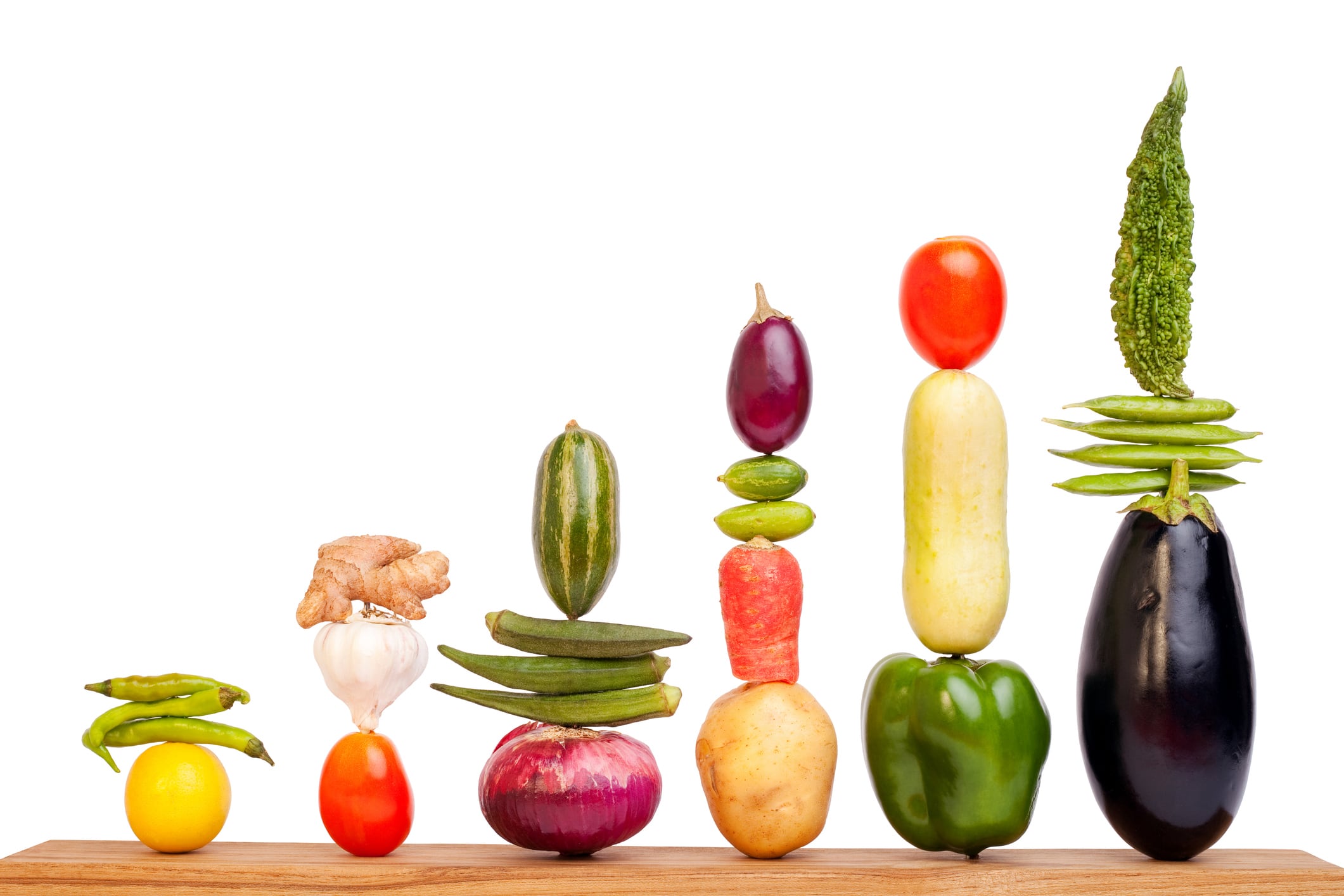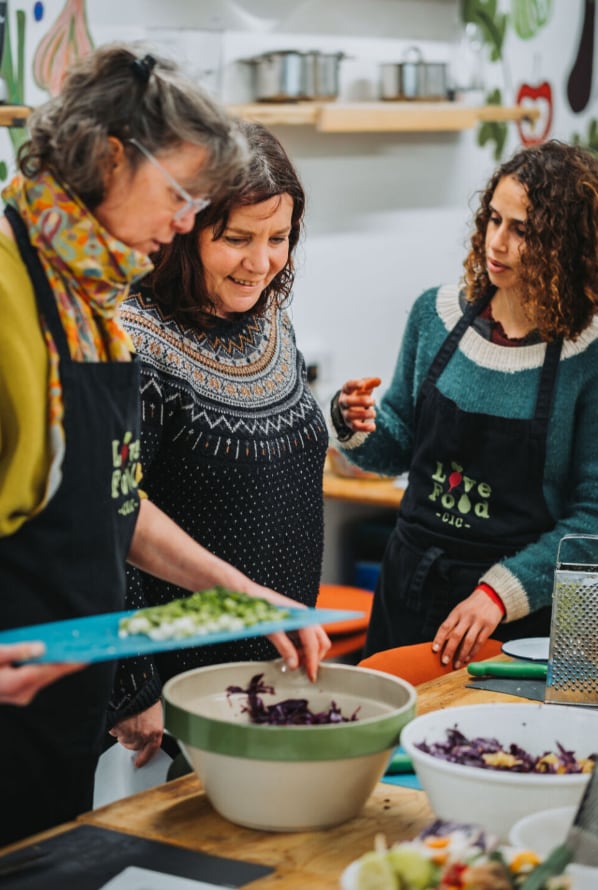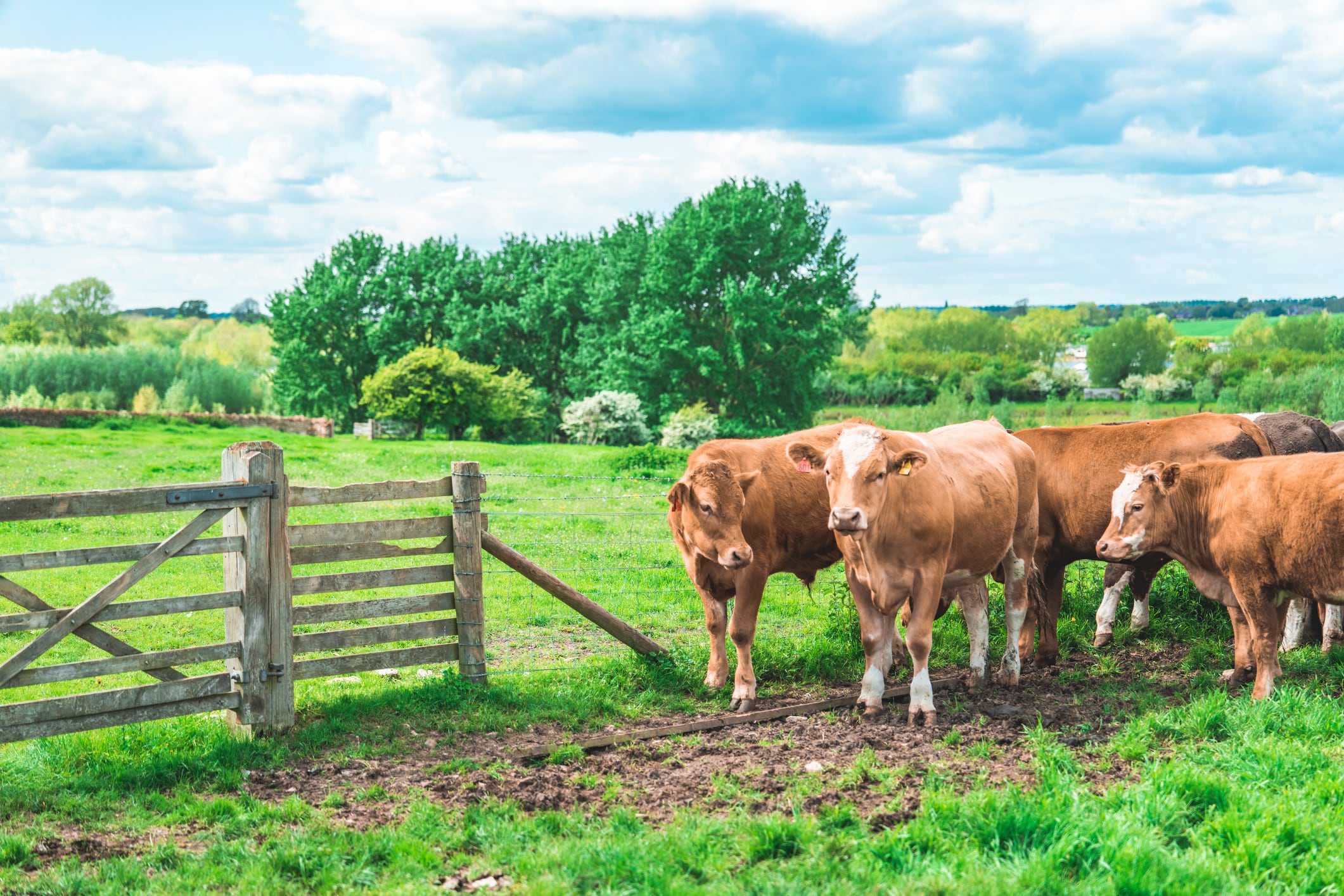Sales of organic food and drink were up across major retail (+8%), foodservice (+6.5%), independent retailers (+9%) and home delivery (+3%) with the UK market now valued at £3.7 billion (+7.3%).
“In 2024, the total UK organic food and drink market experienced its thirteenth consecutive growth year,” read the report. “In fact, it outperformed conventional food and drink with rises in both value and unit sales.”
Soil Association Certification research found that nearly half of UK 25-34-year-olds felt happier buying organic food because they believed they were positively impacting the environment.
Health benefits
More than 20% considered factors like health benefits, sustainability and reduced packaging as essential, rather than optional extras or ‘nice-to-haves’. For comparison, just 9% of over-65s said the same.
“But it’s the youngest consumers who are leading the way,” read the report. “Research from Abel&Cole reports 42% of 18-24-year-olds buy organic at least once a month. That makes them 92% more likely to buy organic fruit and veg than millennials.”
The top three reasons consumers chose organic – according to the ORC and UK Organic report – were the lack of artificial pesticides, higher perceived standards (including animal welfare) and the benefits to personal health.
The Soil Association also found it wasn’t only the more financially well-off that were choosing to go organic. Lower-income shoppers displayed higher rates of purchasing organic products consistently in multiple product categories. They were also more likely to buy organic products on special occasions.
Lower incomes
“The research found the lower income subgroup had a higher proportion of shoppers who said that they ‘always bought as organic’ in at least four (or more) product categories,” read the report. “Plus, data from veg box specialists Locavore shows that 28% of its shoppers have an annual household income of under £30,000 (and half of those were under £20,000).”
Overall, seven out of ten consumers ‘intentionally’ bought organic, with younger lower and middle-income households the most active organic shoppers.
“Nearly two-thirds of the public are actively seeking out organic products,” the report concluded. “Expanding local access to organic food is a key opportunity for shopper frequency and repertoire. These routes to market already exist – box schemes, independent retailers and farm shops all provide shorter supply chains and benefit local producers.
“As the UK continues to recover from the cost-of-living crisis the argument for organic is clear. Now’s the time for government and retailers to unlock the true potential of organic and turn this vision into a reality.”





